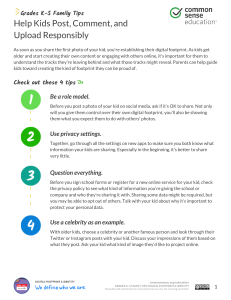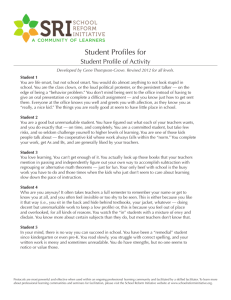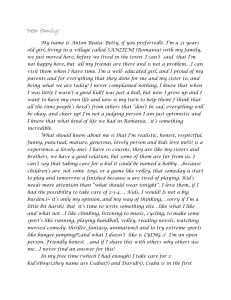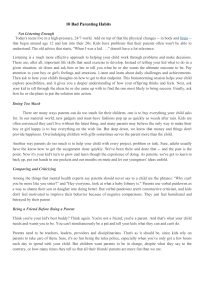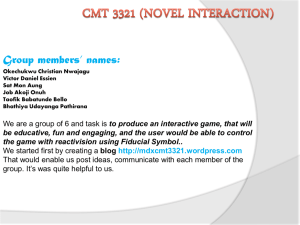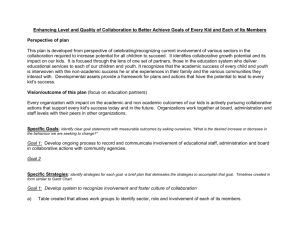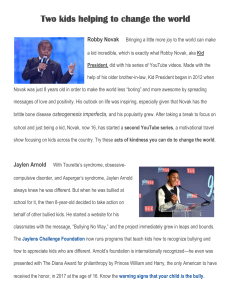Questions for an interview with Jessica Minahan
advertisement
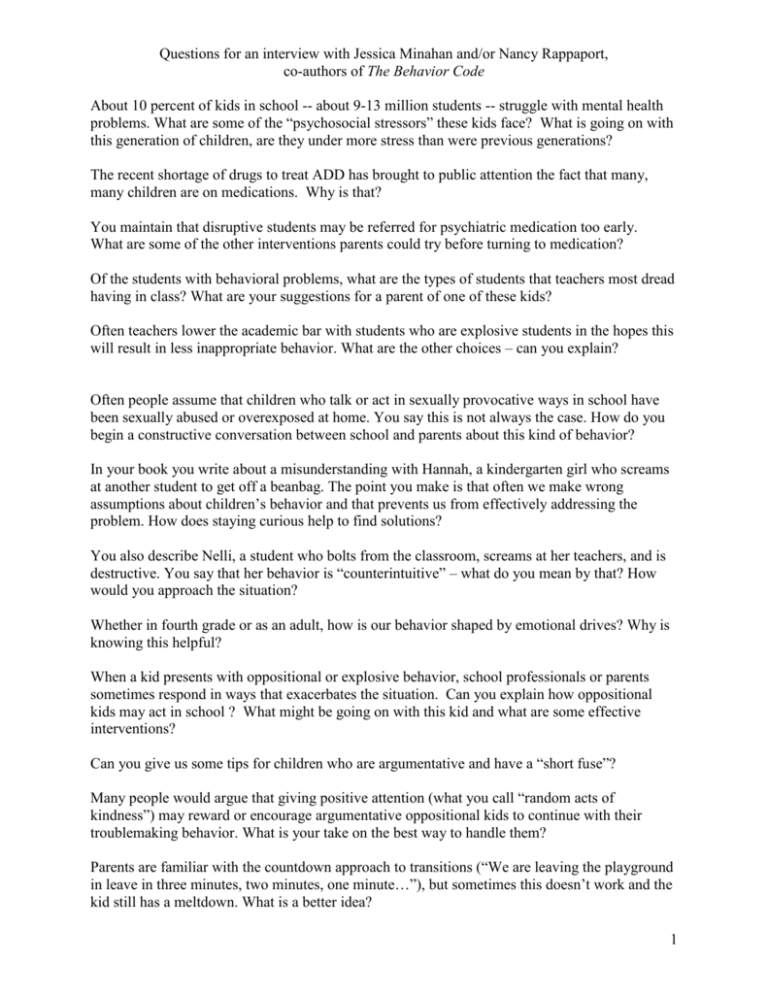
Questions for an interview with Jessica Minahan and/or Nancy Rappaport, co-authors of The Behavior Code About 10 percent of kids in school -- about 9-13 million students -- struggle with mental health problems. What are some of the “psychosocial stressors” these kids face? What is going on with this generation of children, are they under more stress than were previous generations? The recent shortage of drugs to treat ADD has brought to public attention the fact that many, many children are on medications. Why is that? You maintain that disruptive students may be referred for psychiatric medication too early. What are some of the other interventions parents could try before turning to medication? Of the students with behavioral problems, what are the types of students that teachers most dread having in class? What are your suggestions for a parent of one of these kids? Often teachers lower the academic bar with students who are explosive students in the hopes this will result in less inappropriate behavior. What are the other choices – can you explain? Often people assume that children who talk or act in sexually provocative ways in school have been sexually abused or overexposed at home. You say this is not always the case. How do you begin a constructive conversation between school and parents about this kind of behavior? In your book you write about a misunderstanding with Hannah, a kindergarten girl who screams at another student to get off a beanbag. The point you make is that often we make wrong assumptions about children’s behavior and that prevents us from effectively addressing the problem. How does staying curious help to find solutions? You also describe Nelli, a student who bolts from the classroom, screams at her teachers, and is destructive. You say that her behavior is “counterintuitive” – what do you mean by that? How would you approach the situation? Whether in fourth grade or as an adult, how is our behavior shaped by emotional drives? Why is knowing this helpful? When a kid presents with oppositional or explosive behavior, school professionals or parents sometimes respond in ways that exacerbates the situation. Can you explain how oppositional kids may act in school ? What might be going on with this kid and what are some effective interventions? Can you give us some tips for children who are argumentative and have a “short fuse”? Many people would argue that giving positive attention (what you call “random acts of kindness”) may reward or encourage argumentative oppositional kids to continue with their troublemaking behavior. What is your take on the best way to handle them? Parents are familiar with the countdown approach to transitions (“We are leaving the playground in leave in three minutes, two minutes, one minute…”), but sometimes this doesn’t work and the kid still has a meltdown. What is a better idea? 1 As parents, we often grow tired of saying no all the time. Instead, you suggest “positive opposites.” What does that mean? We all know that kids can have various stresses on their life (including violence in the neighborhood or chaos in the home) that can make their behavior difficult in school. While some people believe that there is only so much we can ask of schools, you challenge that schools can do a whole lot more. Like what? So often, the individual behavioral plans schools create for these explosive students fail. Short of kicking the kid out of school, what can be done? Why is it be useful for parents or educators to keep records of not only when a kid explodes but also what happens right before (earlier in his day and right before he explodes)? Why is the “time-out” not all it is cracked up to be? How can parents who are increasingly frustrated dealing with their child’s behavior regroup and find the energy to try new techniques which may help? 2
